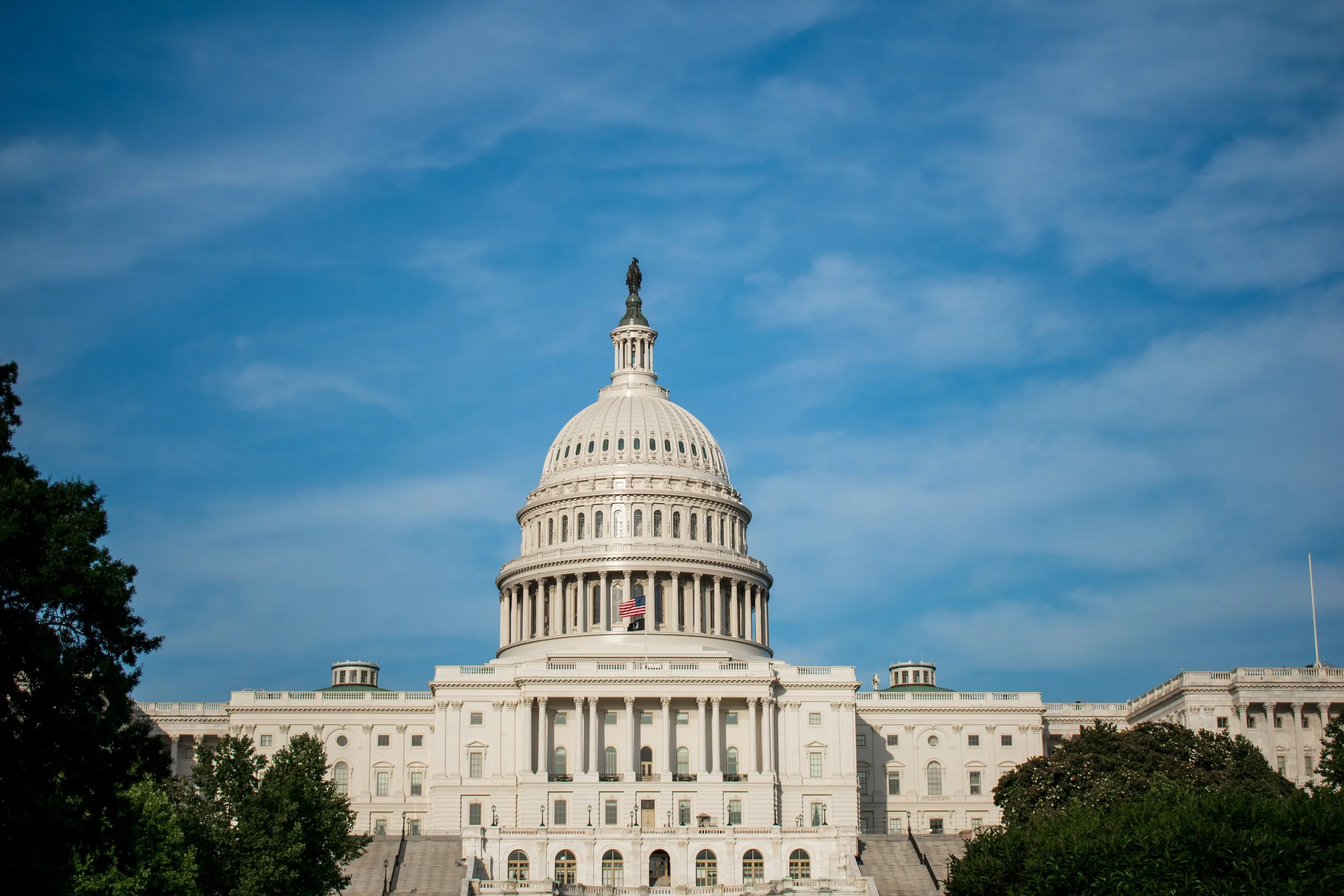Congress passes stopgap spending bill to avert government shutdown
Congress narrowly avoided a government shutdown by passing a stopgap spending bill on Sept. 30 that will temporarily keep the government open for 45 days. Photo courtesy of Unsplash
A government shutdown was narrowly averted by Congress by an approval of a stopgap funding bill signed by President Joe Biden to keep federal agencies open for 45 days.
A federal government shutdown occurs when there are disagreements in annual funding appropriations within Congress. Every year, Congress is required to pass and the president is required to sign a budget legislation for the next fiscal year, which consists of 12 appropriation bills. If Congress fails to enact any of the 12 appropriation bills for a new fiscal year, which begins on Oct.1, a government shutdown would occur.
During a shutdown, federal agencies are required to discontinue non-essential discretionary functions, which are non-essential services that Congress has appropriated federal funding, until a new funding legislation is established.
Services that are affected by a government shutdown include national parks and services closing, a delay in admitting new patients or processing grant applications by the National Institutes of Health (NIH) and federal employees who are furloughed facing unemployment and not receiving their paychecks.
John Burnett, a lecturer in political science at Chapman University, shares the direct impact that a government shutdown could have on students.
“Congress actually collects a paycheck during a government shutdown, so people processing student loans, people approving new drugs; everything kind of comes to a halt, and the direct impact that students will probably take is they won’t be getting any mail day-to-day,” Burnett told The Panther. “If any students are veterans, they won’t be receiving access to their benefits or checks during a shutdown. And, any students whose parents work for the government, and you know, again, we’re talking about day-to-day workers, people who rely on a bicycle every week to put food on their table, they might feel an impact at home.”
“Congress actually collects a paycheck during a government shutdown, so people processing student loans, people approving new drugs; everything kind of comes to a halt, and the direct impact that students will probably take is they won’t be getting any mail day-to-day. If any students are veterans, they won’t be receiving access to their benefits or checks during a shutdown. And, any students whose parents work for the government, and you know, again, we’re talking about day-to-day workers, people who rely on a bicycle every week to put food on their table, they might feel an impact at home.”
Robert Arellano, a sophomore political science major, shared his experiences during the last government shutdown from 2018 to 2019, during former President Donald Trump’s administration.
“When the last government shutdown happened under Trump’s administration, I went to Joshua Tree National Park, and all of the garbage bins were just flooded with trash. The bathrooms and the outhouses were disgusting. They were not clean and people vandalized the boulders, which have been there for obviously millions of years, however long that is,” Arellano told The Panther. “So a government shutdown, it’s a very unfortunate thing.”
Arellano also expressed his sentiment regarding the recently averted government shutdown.
“The way that we completely avoid the government shutdown, I would say at this point, is if the Republicans and the House of Representatives elect a speaker that will appeal to both factions of the Republican Party. If we get a speaker that appeals to both, Republicans will be able to vote together,” Arellano said.
Burnett explained how he thinks Congress will be able to come to an agreement.
“Think of when you try to go to the movies with your friends or something,” Burnett said. “You all pick different spots you all want to go to, different places for dinner. Somebody has to make concessions, and then somebody else has to make concessions. And so, you’re probably all not gonna end up at your favorite spot, and somebody might be like, ‘I don’t like that place, but you know what? I love my friends. So let’s go hang out and we’ll do my place next time.’ That’s kind of the thing.”
Burnett continued: “So, the best deals are made or the deals that pass, the decisions that are made, nobody’s happy. Everybody has to give up something.”

